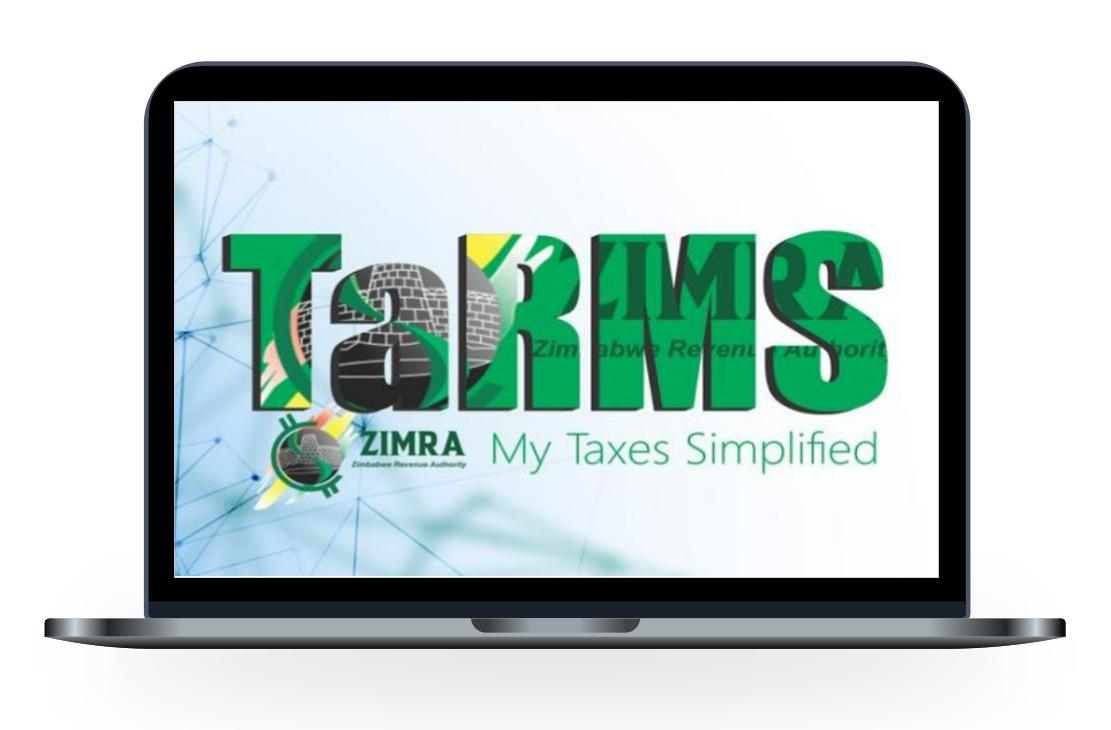Part 1: Zim Army, Africom, NSSA Robbed Zimbabweans Of Millions
Part 2: Zim Workers’ Savings Used To Buy Telecel Or Were They?
On Page 9 of the topical NSSA Forensic Audit Report there is a list of entities mentioned in the report. A glance there, and one notices Econet on the list. The telecoms giant is merely described there as a ‘former shareholder in FML.’ This edition in this series is not as complex as the earlier two, we will just trace a bit of the backstory which made one of the most important companies in Zimbabwe’s technology sector an entity of interest.
The Econet strategy to beat inflation
In the mid 2000’s Econet Wireless was a hungry investor on the Zimbabwe Stock Exchange. They bought sizable stakes in diverse companies. In a later post on his Facebook page, Econet’s founder, Strive Masiyiwa described this as a strategy to beat high inflation that characterised those days (well the inflation is back, anyway…)
The idea was to preserve value in an environment where currency and accompanying financial instruments were deteriorating fast. Econet apparently bet on the local stock exchange listed assets to retain value or perhaps appreciate value during and in the aftermath of high inflation. It’s not clear if this was merely declared as a strategy after the fact or it was indeed a deliberate strategy at the time.
Friendship with Patterson Timba of Renaissance
The entity that made Econet appear in the NSSA audit report was the financial conglomerate, Renaissance Financial Holdings (RFHL) which was led by one of Zim’s celebrated entrepreneurs at the time, Patterson Timba. During this time there were allegations that Econet was making some hostile takeover moves on some listed companies. This was largely speculated regarding the hospitality group, Rainbow Tourism Group and the financial service group First Mutual Holdings formerly called Afre.
Some of the allegations were that Econet was using Patterson Timba and his Renaissance to acquire stock unnoticed. Econet denied those allegations. However, Econet did acquire a significant portion of FMHL, they had 19% shareholding in mid June 2011.
According to the NSSA audit report, Econet and Renaissance Financial Holdings which owned 33% of FMHL had an agreement to back each other in shareholder decisions. This effectively made Renaissance a controlling shareholder in First Mutual.
Timba’s companies got indebted
Renaissance Merchant Bank (RMB) which was owned by Renaissance Financial Holdings got to owe NSSA and could not pay back almost eight and a half million dollars. The bank could not pay back other commitments to other parties and was thus placed under curatorship. By the time the bank was placed under curatorship it had been taken over by NSSA after they had converted what they were owed into equity.
Timba’s holding company however owed USD13.3 million to Renaissance Merchant Bank, it’s subsidiary which had jut been acquired by NSSA. The holding company also owed USD5.7 million to Econet.
Double selling
In mid June 2011, Timba’s holding company and its remaining subsidiaries promised to pay back what they owed their former associated bank which was now owned by NSSA by end of that month. They promised that if this didn’t happen they would give NSSA their 33% shareholding in First Mutual Holdings.
Econet disputed this promise by Timba claiming that Renaissance Financial Holdings had promised exactly the same thing in regard to the money Econet was owed. Renaissance was thus possibly pledging the same FMHL shares to both Econet and NSSA. Econet then terminated their agreement to back RFHL in First Mutual shareholder decisions.
Econet gets an out, NSSA does what NSSA does
The curator of RMB brought all the parties together to resolve the issue which was now becoming complex. The agreement which they signed was that RFHL’s shares in First Mutual would be transferred to Renaissnce Merchant Bank which was now owned by NSSA as settlement of the $13.3 million debt. NSSA agreed to pay the $5.7 million ownd to Econet by RFHL with interest and to buy the 19% stake Econet had in First Mutual.
Econet got an exit from a company they were now having problems with anyway, they had already expressed desire to sell FMHL shares. This was because Econet accused the then Finance Minister, Tendai Biti of interfering too much in First Mutual to the extent that Econet’s representatives on the FMHL board had resigned from the board in protest. This is a totally different story though. Anyway, Econet obviously got a fairly desirable outcome.
NSSA however, did what NSSA does best: throw money into the rubbish pit in the name of investing on behalf of hardworking men and women of this country’s labour force. They put in some fresh money into RMB (which after the curatorship was lifted rebranded to Capital Bank) and then some.
The Capital Bank problem is still a big problem for NSSA today even after they surrendered the banking license. You have to read the audit report to comprehend how big a mess they created for themselves and for all of us who contribute into the pension fund.
Lucky for Econet, there was big dumb pension fund that paid them what they were owed and bought equity they needed to get rid of in order to concentrate on core business.













